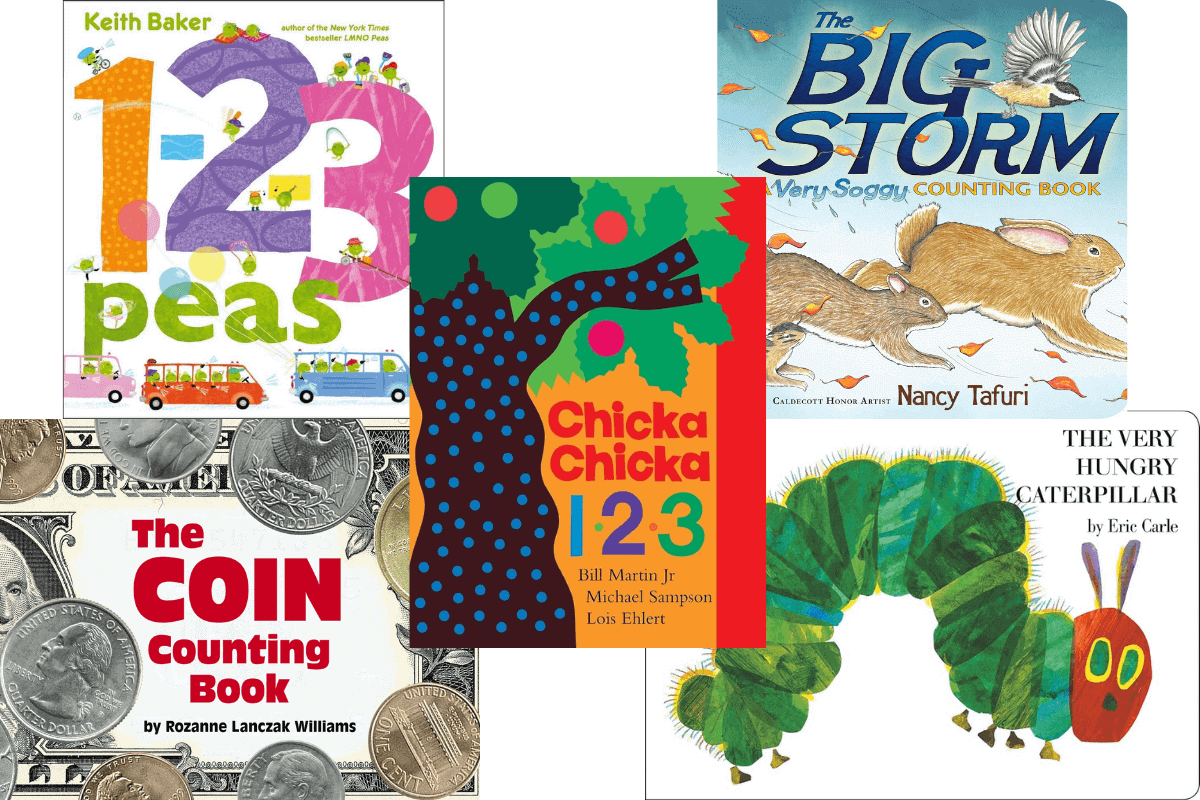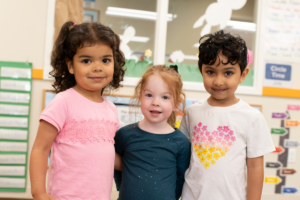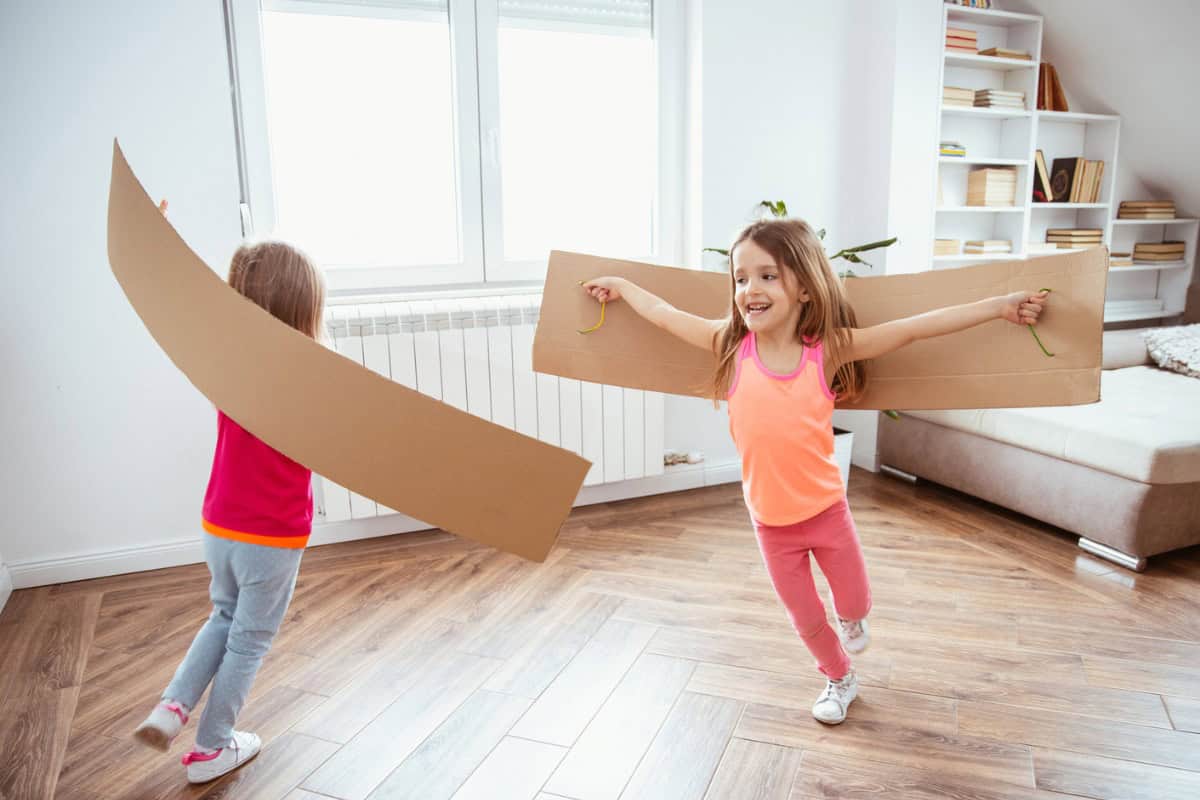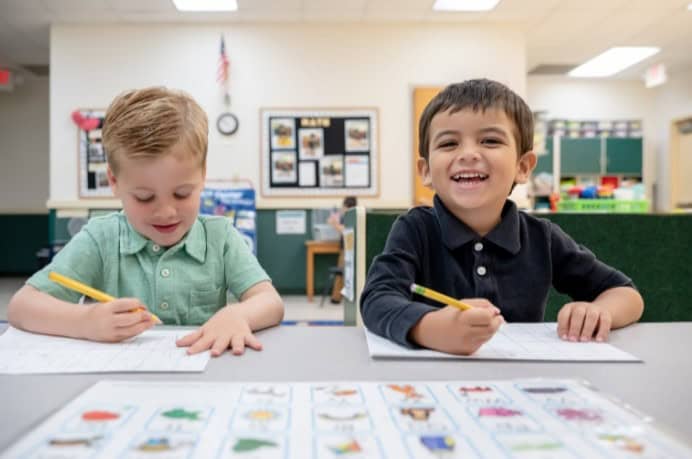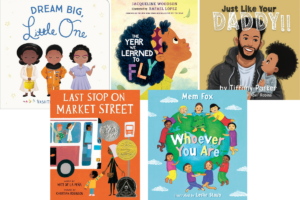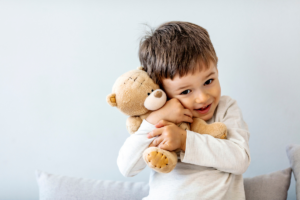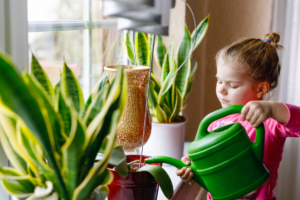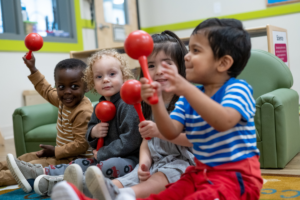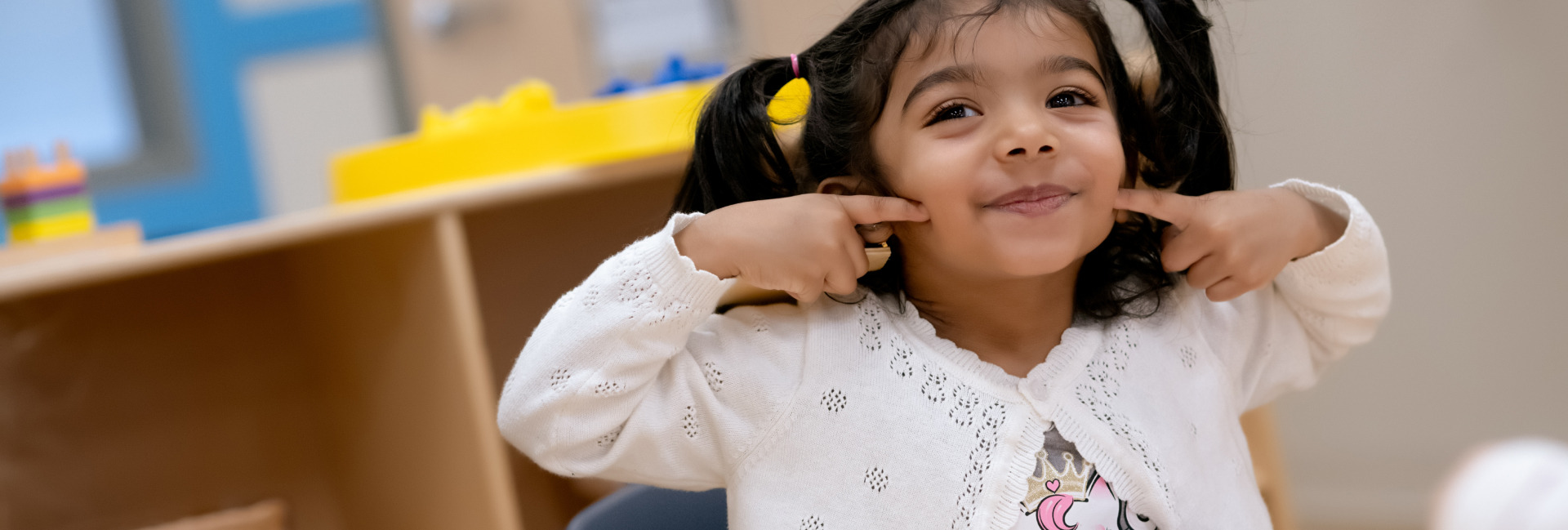
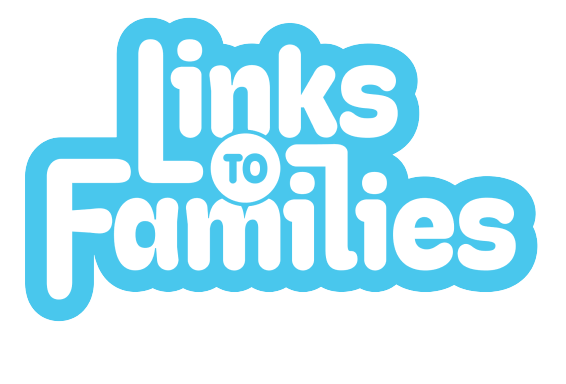
Discover, Learn, Grow
Our blog is a hub of ideas and insights to enhance your family’s preschool experience. Dive into a world of creative activities, parenting tips, interviews with our early childhood experts, educational resources, and much more.
March 29, 2025
Parent Resources
February 21, 2025
Language & Literacy
Math & Science
Parent Resources
Social-Emotional Learning
January 28, 2025
Diversity & Belonging
Language & Literacy
Social-Emotional Learning
January 13, 2025
Social-Emotional Learning
December 13, 2024
Art & Music

